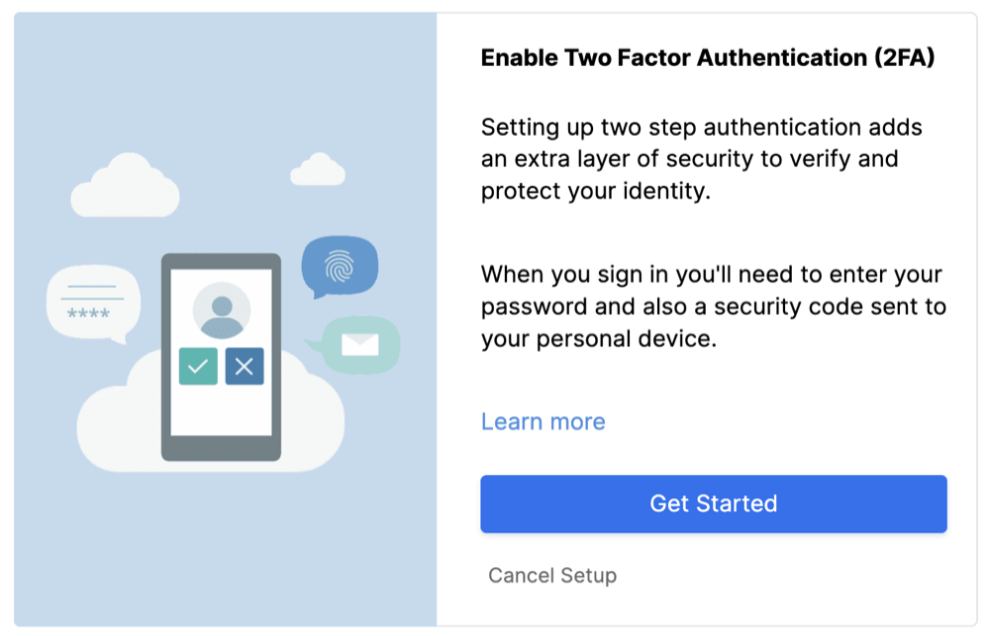Massive Twitter Hack Unveils 200 Million Email Addresses
The digital world has experienced another significant breach. This time, Twitter is at the center of a massive hack that has exposed email addresses of 200 million users. The scale of this incident has sent shockwaves through the online community.
The Scope of the Breach
This breach is one of the largest in recent memory. Over 200 million email addresses were leaked. Such a vast amount of data can cause numerous problems. Users are now vulnerable to phishing attacks, identity theft, and other malicious activities. The magnitude of the leak has raised serious questions about the platform’s security measures.

Experts have been quick to analyze how this breach occurred. Initial investigations suggest that the hackers exploited a vulnerability in Twitter’s API. This allowed them to access and extract the email addresses. The exact details of the exploit are still under scrutiny, but the implications are already clear.
According to cybersecurity analysts, the breach not only exposes users to potential phishing schemes but also opens up avenues for more sophisticated attacks. Hackers could use the compromised email addresses to target specific individuals, leveraging social engineering techniques to gather more sensitive information. Furthermore, with such a significant data pool, it is plausible that automated tools could be employed to scan for additional vulnerabilities in associated accounts across other platforms.
Immediate Actions for Users
Users are advised to take immediate steps to protect themselves. Change passwords, enable two-factor authentication, and be vigilant about suspicious emails. These measures can help mitigate some of the risks associated with the breach. However, the sheer number of affected users means that many might still fall victim to subsequent attacks.
Given the scale of the breach, Twitter has been under immense pressure to respond. The company has promised a thorough investigation and assured users that they are working to prevent future incidents. But for many, this assurance might come too late.
While Twitter’s immediate response includes an internal review and collaboration with external cybersecurity firms, critics argue that such actions are reactive rather than proactive. Many believe that the platform should have implemented stronger security protocols earlier, given the increasing frequency of high-profile data breaches in recent years. Some experts suggest that Twitter, and other social media giants, need to adopt a more aggressive stance on cybersecurity, including regular penetration testing and comprehensive user education programs.

Potential Ramifications
The ramifications of this breach could be far-reaching. Phishing attacks can lead to significant financial losses. Identity theft can result in long-term damage to personal and professional reputations. The exposed email addresses could be sold on the dark web, leading to further privacy concerns.
Moreover, this incident might prompt regulatory bodies to scrutinize Twitter more closely. There could be calls for stricter data protection laws and enhanced security standards for social media platforms. The tech industry might see a shift in how data is handled and protected.
In addition to immediate financial and reputational damage, the breach could have more subtle, long-term consequences. For instance, it may erode user trust not just in Twitter, but in social media platforms as a whole. This could lead to a decrease in user engagement and a shift towards more secure, perhaps decentralized, communication platforms. Companies might also face increased insurance premiums as cybersecurity insurance providers reassess the risks associated with covering social media firms.
Community Reactions
The reaction from the online community has been swift and severe. Users have expressed anger and frustration. Many are questioning whether they can trust Twitter with their personal information. This breach has undoubtedly tarnished the platform’s reputation.
Some prominent figures have weighed in on the issue. Cybersecurity experts have called for immediate reforms. Privacy advocates are using this incident to highlight the need for better data protection practices. The conversation around digital security has intensified.
In forums and social media threads, users have been sharing their concerns and experiences. Stories of phishing attempts and identity theft are already emerging, painting a grim picture of the potential fallout from the breach. Influential voices in the tech community are urging users to take this as a lesson on the importance of data privacy and digital hygiene. Some are even advocating for a temporary exodus from Twitter until the platform implements more stringent security measures.

Lessons to Learn
There are crucial lessons to be learned from this incident. Both users and companies need to prioritize digital security. Regular updates, strong passwords, and vigilance are essential. Companies must invest in robust security measures and conduct regular audits to identify and fix vulnerabilities.
For users, it’s a wake-up call. The importance of personal digital security cannot be overstated. Regularly updating passwords, enabling two-factor authentication, and being cautious about the information shared online are fundamental steps everyone should take.
From a broader perspective, this breach serves as a stark reminder of the interconnectedness of our digital lives. A single point of failure can have cascading effects, impacting not just the primary platform but also any connected services. Therefore, users should consider adopting a more holistic approach to their digital security, ensuring that all their online accounts are protected and that they are aware of the potential risks involved in sharing personal information online.
Furthermore, there is an argument to be made for increased regulatory oversight in the tech industry. While companies have a responsibility to protect their users, there is also a role for governments and regulatory bodies to play in setting and enforcing security standards. This incident could be a catalyst for more robust data protection laws, ensuring that companies like Twitter are held accountable for their security practices.
Conclusion
The Twitter hack that exposed 200 million email addresses is a stark reminder of the vulnerabilities inherent in our digital world. It underscores the need for robust security measures and the importance of user awareness. While the full impact of this breach is yet to be seen, one thing is clear — digital security must be a top priority for everyone.
As we navigate an increasingly digital landscape, the importance of cybersecurity cannot be overstated. Incidents like the Twitter hack highlight the ever-present risks and the need for constant vigilance. Both users and companies must take proactive steps to protect themselves and their data. For users, this means staying informed about potential threats and adopting best practices for digital security. For companies, it means investing in state-of-the-art security measures and fostering a culture of security awareness.
Ultimately, the fallout from this breach will be felt for months, if not years, to come. It serves as a powerful reminder of the importance of cybersecurity in our increasingly connected world. As we continue to rely more heavily on digital platforms for communication, commerce, and entertainment, the need for robust security measures will only grow. The Twitter hack is a wake-up call for all of us to take digital security seriously and to take proactive steps to protect our personal information.
In the end, the responsibility for digital security falls on both users and companies. Users must be vigilant and take steps to protect their personal information, while companies must invest in robust security measures and foster a culture of security awareness. By working together, we can create a safer digital world for everyone.










